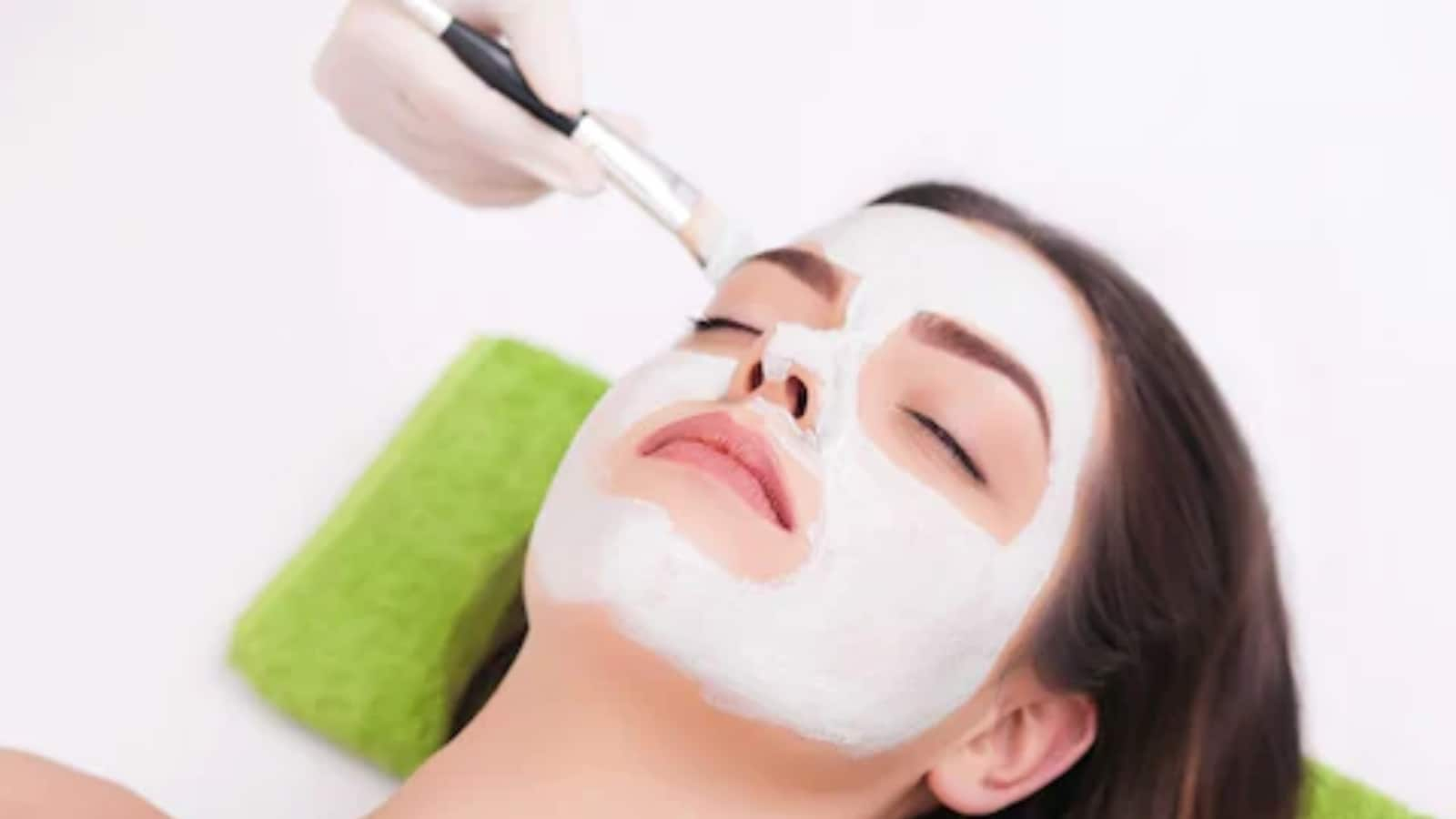Do Face Masks Actually Work on Skin? Here’s Everything you Need to Know
Do you remember the home remedies your grandmother shared to help you cure skin issues– especially the ones with Multani-mitti and Haldi-Chandan-besan paste? Well, now the beauty industry has included these ingredients in face masks. Well, sure, you have heard a lot about face masks and used them as well. There are numerous combinations of face packs available in the market that claim of providing instant glow. From mud masks, and sheet masks to clay masks, there are many more categories. But with so many options around, how would someone even pick the best face mask? Moreover, how would one know whether the face mask is really effective or not? To find answers to all your questions, scroll below.
How do face masks work?
Lucky for those whose basic skincare, face wash, moisturiser, and makeup work well. But for the more significant number, you need more ingredients to treat different types of skin conditions like acne, redness and many more. And you obviously cannot visit the parlour for a weekly facial as it’s too pricey. That’s where face masks come in handy.
A face mask needs to be kept for around 15-20 minutes to see the best results on the skin. It traps the moisture in the skin and keeps it hydrated, and moisturised, as well as exfoliates the skin. Face masks help the ingredients penetrate into the skin better.
Ingredients are the key:
While picking up a face mask, you need to pay attention to the ingredients in it. Experts suggest that face masks whose products are hypoallergenic, fragrance-free and free of parabens and dyes are among the best. You do not need to use harsh chemicals, preservatives, and allergens, as they can harm your skin.
There are numerous masks available in the market that contain fancy ingredients like mushroom juice, slather glitter, snail jelly and many more. But these are not as effective. Based on your skin type, you need masks with ingredients like salicylic acid, vitamin C, retinoid, and many more.
Make sure you read the label carefully and also be aware of the prescription and medications and how they interact with the ingredients in the skin.
Face Masks for Different Skin Types:
Based on your skin type; these are the key ingredients that need to be present in your face mask:
For Fine lines- Antioxidants like vitamin E, Vitamin C, ferulic acid and resveratrol
For Rosacea– Face masks with Niacinamide may work
For Dry Skin– Hyaluronic acid can help dry skin
For Dark spots and pigmentation, look for soy, kojic acid, liquorice root extract and tranexamic acid based face mask
Face masks with salicylic acid may work for both oily and acne-prone skin.
Read all the Latest Lifestyle News here
For all the latest lifestyle News Click Here

